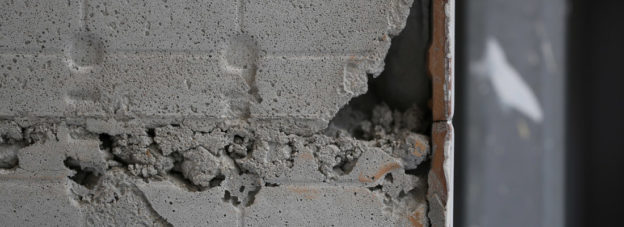In Lawrence v. General Panel Corp., 2019 S.C. LEXIS 1, No. 27856 (S.C. Jan. 1, 2019), the Supreme Court of South Carolina answered a certified question related to South Carolina’s statute of repose, S.C. Code § 15-3-640,[1] to wit, whether the date of “substantial completion of the improvement” is always measured from the date on which the certificate of occupancy is issued. The court held that a 2005 amendment to § 15-3-640 did not change South Carolina law with respect to the date of substantial completion. Thus, under the revised version of § 15-3-640, “the statute of repose begins to run at the latest on the date of the certificate of occupancy, even if there is ongoing work on any particular part of the project.” A brief review of prior case law may assist with understanding the court’s ruling in Lawrence. Continue reading





